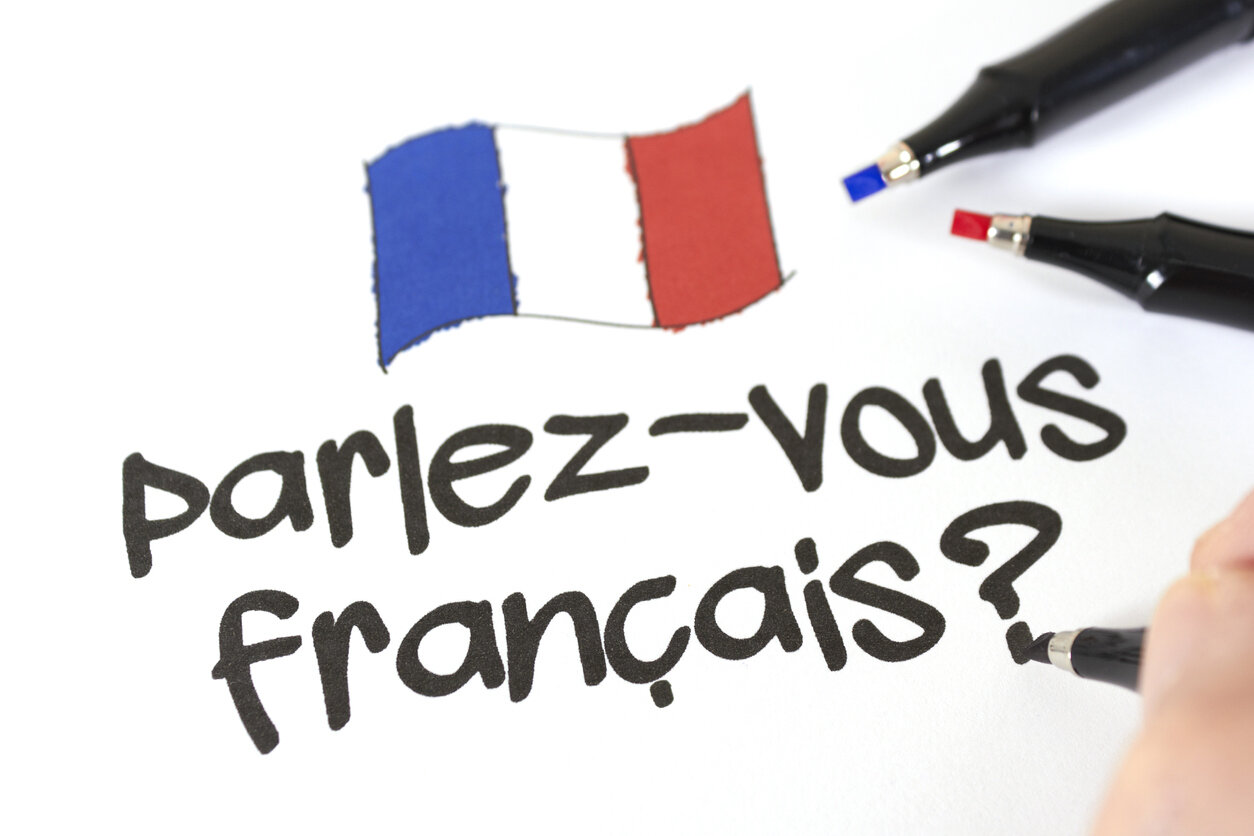words + photos by Laurie Gilberg Vander Velde
This is a story about two walls. They are both in Israel. One is holy; the other I found to be horrible. In the short span of 24 hours I had an intimate experience with each of these walls.
 The horrible wall is grey, massive and foreboding. It snakes over the hills and valleys, reminiscent of many photos I’ve seen of the Great Wall of China. But this is not a “great” wall. Its purpose is the same, however: to keep others out, to make a separation barrier between us and them. To enter Bethlehem we had to pass through the wall by first entering a large concrete building. A colorful sign outside said “Peace Be With You” in English, Hebrew and Arabic and was signed by the Israel Ministry of Tourism. I didn’t really feel like a welcomed tourist as we wound our way through chutes, past large turnstiles with lights that said “green” for “go” and “red” for “stop.” A flash of our American passports and we were waved on. We exited through a simple doorway to the other side of the wall, to a different world.
The horrible wall is grey, massive and foreboding. It snakes over the hills and valleys, reminiscent of many photos I’ve seen of the Great Wall of China. But this is not a “great” wall. Its purpose is the same, however: to keep others out, to make a separation barrier between us and them. To enter Bethlehem we had to pass through the wall by first entering a large concrete building. A colorful sign outside said “Peace Be With You” in English, Hebrew and Arabic and was signed by the Israel Ministry of Tourism. I didn’t really feel like a welcomed tourist as we wound our way through chutes, past large turnstiles with lights that said “green” for “go” and “red” for “stop.” A flash of our American passports and we were waved on. We exited through a simple doorway to the other side of the wall, to a different world.
The wall towered above us, probably 20 feet. No longer just grey, the wall was covered with graffiti. The graffiti wasn’t just words, but artful angry pictures, one of a lion devouring what appeared to be a white dove with the English words “Stop the Wall” and “hypocrisy.” Instead of the field of ancient olive trees we’d seen on the other side of the wall, we were right in the midst of a neighborhood. A woman, her head covered, called to her daughter below from the balcony of her house just 40 feet or so from the wall. Children played in the street. We spent time with friends of our son Josh, Palestinians who work for peace but who are trapped on the island that is Bethlehem. We had coffee in Josh’s friend’s home where his mother served us cookies and proudly picked mint and lemon balm from her rooftop garden so we could savor the scent.



















